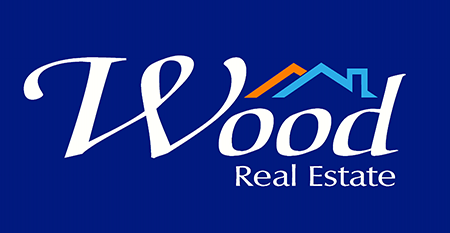Financial tips for first home buyers
by Greg Wood, 17 Mar 2023

Borrowing money
Working out how much money you can borrow from a bank or lender is one of the most important steps in budgeting for your first home. By working out your income, expenses and how much you have saved for a deposit, a lender will be able to tell you how much you’ll be able to borrow for a mortgage. Doing this also allows you to gain pre-approval from a lender so you can start putting in offers on homes, knowing for certain that you can borrow that amount. Once you work out how much you can borrow, you’ll also be able to work out what your mortgage repayments will look like, and budget accordingly.
How much does my deposit need to be?
Your deposit will need to be at least 20 per cent of the overall cost of the property if you want to avoid having to pay lenders mortgage insurance. The insurance protects the lender if you can’t keep paying your monthly mortgage repayments. If you’re happy to pay lenders mortgage insurance, you could have a deposit as low as five per cent. The size of the deposit you have will determine which home loan and lender you can go with. You might want to speak to a mortgage broker or your accountant for help with this step.
Consider the costs involved in buying a home
The deposit and cost of the house itself aren’t the only costs involved in buying a house. Other expenses include legal and conveyancing fees, mortgage loan application fees, pest and building inspection reports or strata reports for apartments, stamp duty, utility connections and the cost of moving into the home. Make sure that when you sit down to budget, you include these costs in your planning.
Before you decide on a first home to purchase, there’s a bit of financial research you need to do and that will always start with a budget. Don’t forget to speak to your accountant, your bank, or a mortgage broker for extra help.